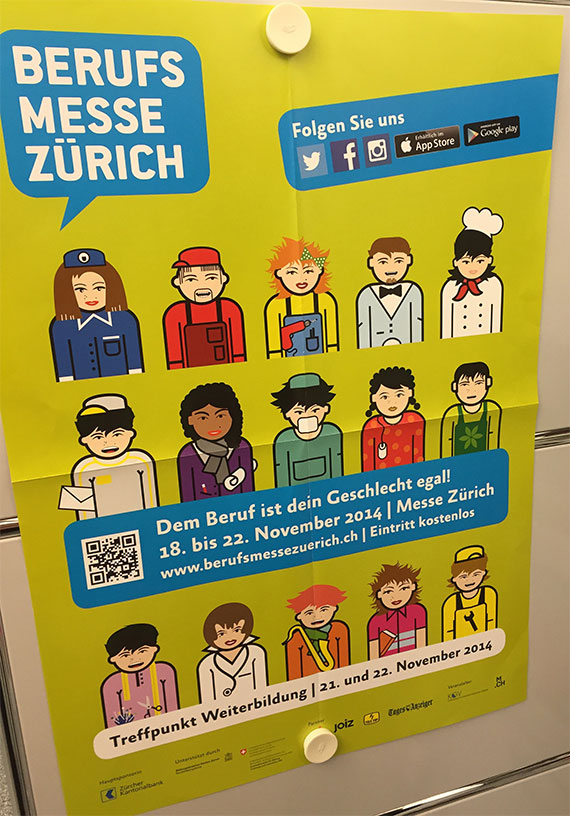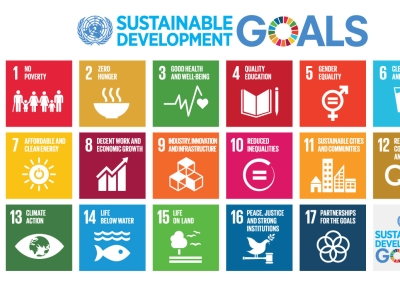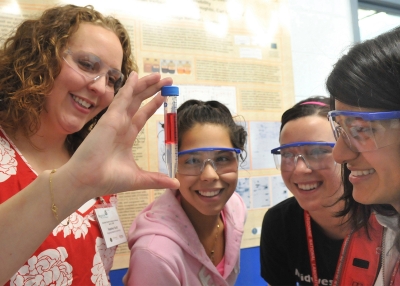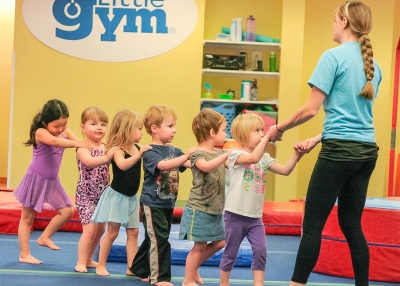Guidance Counseling
A Model from Switzerland

Nazlije's lifelong dream is to become an elementary teacher. However, her teacher says she doesn't have the right skills and should look to another career path.
Ehsanullah wants to be a house painter, but is told he doesn't have the math skills.
Should we be outraged that these students weren't encouraged to follow their dreams against all odds?
You probably guessed that these students don't live in the United States. Luckily, they live in Switzerland.
Yes, I mean lucky.
Providing Options
While you may feel this is harsh, there are two things that the Swiss provide students that the US does not: access to comprehensive, ongoing guidance/career counseling and a flexible, permeable education system that allows everyone—recent graduates through adults—to go back to school and learn new skills and change their career path at any time.
At the age of 15, the majority of Swiss students (70 percent) choose to begin a two- to three- year apprenticeship in a field for which they are qualified (for details, see this post). Upon completion of the apprenticeship, they will have earned a certificate recognizing the additional skills they have attained. They can pursue a job in this field or go back to school for an entirely different occupation, building upon the credential they already have (no repetitive pre-reqs). So their choice of an apprenticeship is not of utmost importance because the purpose is to give them employability skills and options.
A Realistic Path for All
Nazlije and Ehsanullah have been quite unlucky in their lives up to this point. Nazlije was born in Serbia, shortly before war broke out—a war that took her mother. Ehsanullah borrowed $20,000 to leave Afghanistan to move to Switzerland where he knows no one—a journey that took a year because he had no documentation. If he doesn't get a job and pay the money back, his family back home will lose all of their property.
But Nazlije and Ehsanullah are fortunate:
They attend a special program for asylum seekers and are guided by Mr. Zingg, who is not only their teacher, but also serves as a life coach and career counselor. He helps his students set realistic expectations and goals—telling them if they don't have the language skills to be a teacher or the math skills to pass the test to become a painter.
But Mr. Zingg is not the only example of a teacher who will be truthful with students about their abilities—it was something I heard repeatedly in both of my recent study trips to Switzerland. Across the system, they would rather be honest about the abilities of all students and help them to find a profession where they will be happy for now, rather than coddling unrealistic dreams.
"This is not about a good job—but a good choice of a job," Mr. Zingg says, "You have to try out jobs, and you can't stay in one. There are different professions that will suit you." This is where guidance counseling comes in.
Career Counseling
 Before choosing their apprenticeship field, students and parents have access to in-depth, career counseling by going to local career guidance centers. There is a federal law requiring access to guidance counseling, and there is at least one center in each canton (state). These centers are funded by the canton with indirect funding from the federal government. Counselors also visit schools with high percentages of immigrant students who face greater challenges navigating the system.
Before choosing their apprenticeship field, students and parents have access to in-depth, career counseling by going to local career guidance centers. There is a federal law requiring access to guidance counseling, and there is at least one center in each canton (state). These centers are funded by the canton with indirect funding from the federal government. Counselors also visit schools with high percentages of immigrant students who face greater challenges navigating the system.
Counselors guide students through a five-step process beginning in sixth grade. Since parents are the strongest influence in a student's life, they are strongly encouraged to participate as well:
- I get to know myself: Students keep diaries and discuss their strengths and weaknesses with their parents.
- I get to know the professions: Students and parents explore career options by attending information sessions, reading literature (online or at the center), and watching movies about 22 different fields of work and over 200 different types of apprenticeships that are available. Students can meet individually with counselors as many times as they wish.
- I compare myself with qualifications required by the professions: Students may take diagnostic tests to see which career areas their skills and interests best match.
- I practically explore the professions: This is when students go to do "sniffing" or "taster" weeks—a one- to five-day trial apprenticeship in the field they are most interested in. These happen either during the holidays or during designated school days. Students must arrange for these trial placements themselves, calling the companies and asking about availability. They may also do more than one if they feel the first is not a good fit.
- I examine and decide: Students discuss their options with parents, teachers, and counselors. They then apply for apprenticeship placements—a process that the counseling center will also assist them with.
The sniffing courses are of utmost importance to students according to a survey of 1,000 Swiss students. Not only did these opportunities help them choose an apprenticeship, but 61 percent of students were also offered a placement upon completion of the trial session.
A Crisis in the US
Here in the United States, unless you go to an elite private school, chances are you do not have access to anything nearly this inclusive—and certainly have very few opportunities to do on-site career investigation. The national ratio of guidance counselor to student is 500 to 1. So while counselors want to help students with their college and career exploration and choices, it is unrealistic given the workload they have, which also includes: scheduling, academic counseling, college recommendation letters, crisis management, and more. This makes guidance counseling a luxury that few students have access to; in fact, in one in five schools there is no counselor at all. And it will surprise no one that the students who are most affected are those from disadvantaged backgrounds.
Where can students turn in the meantime? As in Switzerland, parents are a huge influence, but they may not be the best sources of information. Some states, like Oklahoma and Ohio, are creating online portals for career exploration, similar to Switzerland's. Missouri has created guidance counseling programs that are to be implemented by professional counselors together with the support of parents, teachers, administrators, and the community. Another stopgap idea is for schools to bring in outside mentees or retirees who may have more time and be quite knowledgeable about specific career fields.
But until we seriously attempt to fill the funding shortages and come up with a comprehensive system that helps students find the path that is right for them, guidance counseling in this country will remain a crisis.
Nazlije and Ehsanullah
So what happened to Nazlije and Ehsanullah? Nazlije did a sniffing course at a nursing home and excelled, treating her patients with the care and understanding that I can imagine her students would have benefited from. She was offered a full apprenticeship. And Ehsanullah did a trial apprenticeship at a food processing plant but found it's not for him. So he ended up working at a restaurant … for now.
Watch the story of Nazlije and Ehsanulla in the documentary Neuland, on PBS's Point of View. This article was written by Heather Singmaster, Asia Society, and originally appeared on the Global Learning blog on Education Week.


















